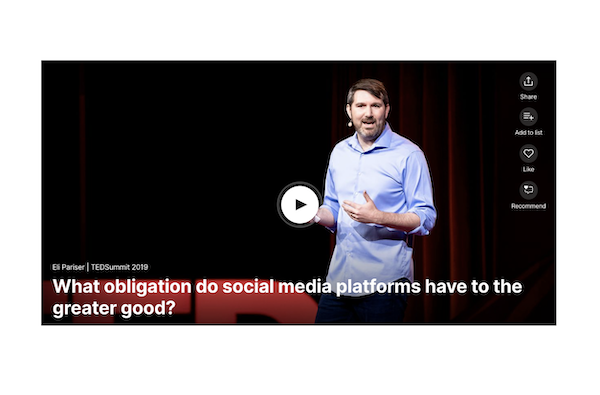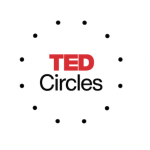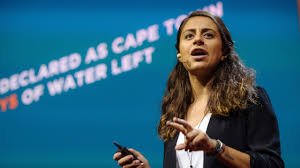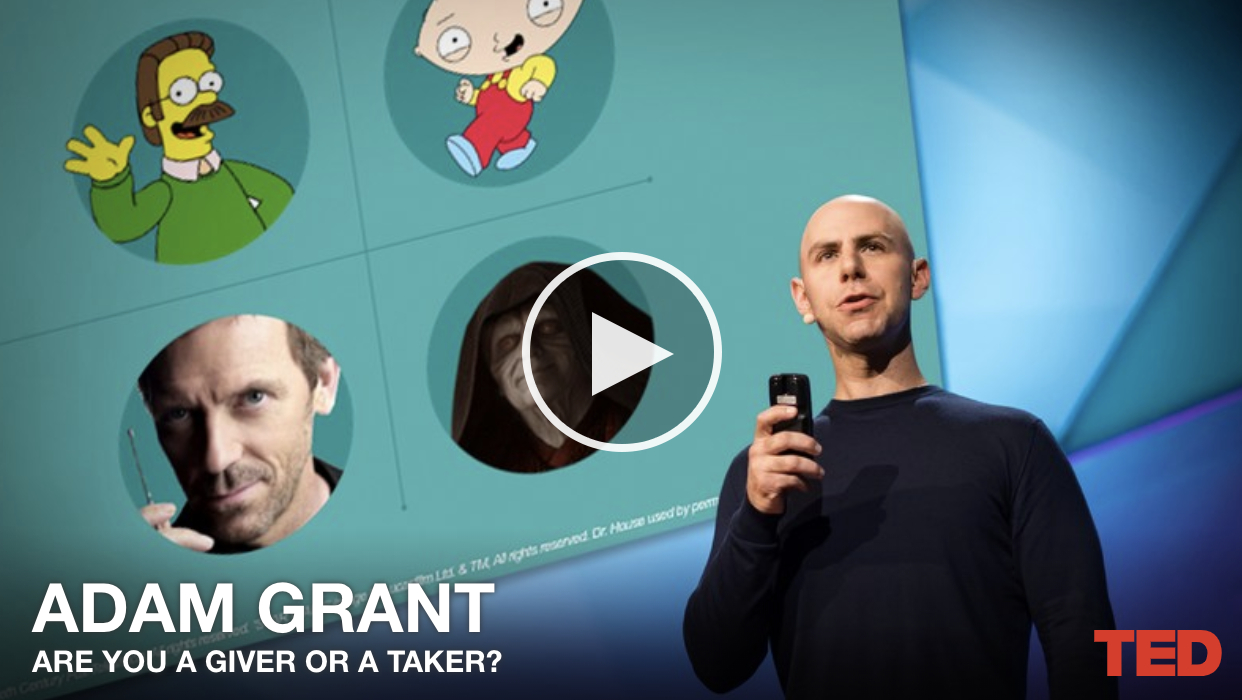
TED Talk Tuesday #205: What obligation do social media platforms have to the greater good?
TED continues to spread ideas and help us all be better critical thinkers. Watching, listening and talking about TED Talks is a popular pastime for many in the CN&CO community. We visit TED.com regularly to clear our heads, have a laugh, learn or get inspired. TED Talks open our minds, spark new ways of thinking and can lead to some very interesting conversations and business opportunities. Each week we pick a favourite and publish it on a Tuesday, because we like how “TED Talk Tuesday” sounds. It’s also a way that the CN&CO team play their part in spreading ideas and helping to make the world a better place.
Social media has become our new home. Can we build it better? Taking design cues from urban planners and social scientists, technologist Eli Pariser shows how the problems we’re encountering on digital platforms aren’t all that new — and shares how, by following the model of thriving towns and cities, we can create trustworthy online communities.
This is a talk that Eli gave back in 2019, just let that sink in. He is now working in a space called New Public and if you haven’t checked it out please do. I find it fascinating the lessons that he draws better the build environment and the digital world, asking us to think deeply about the spaces we are trying to recreate.
Working in the tech and data space I am constantly reminded of the need to build better. We are deeply connected to our technological devices, so much so that products are now having to be designed to show us the amount of screen time that we have in order to hold ourselves accountable and not “overdo it”. I refer to making tech decisions that are sustainable rather than exploitative. We need to ask deep questions about the people we are building for and the value that we can provide to them. This may require new business models, but most importantly it put the needs of people at the centre of our decisions. Not to say that social media platforms don’t do this, but I think that the current models that they are run on are set on extracting value from us rather than exploring what value the could provide to us.
How much control do we have as users of these platforms?
Can we change our habits or is the attention hack unbreakable?
Are we connection
These are just a few of the questions that are asked around the way we use and engage with social media. As with many of the things that we expose ourselves too, using social media in moderation may be key.






